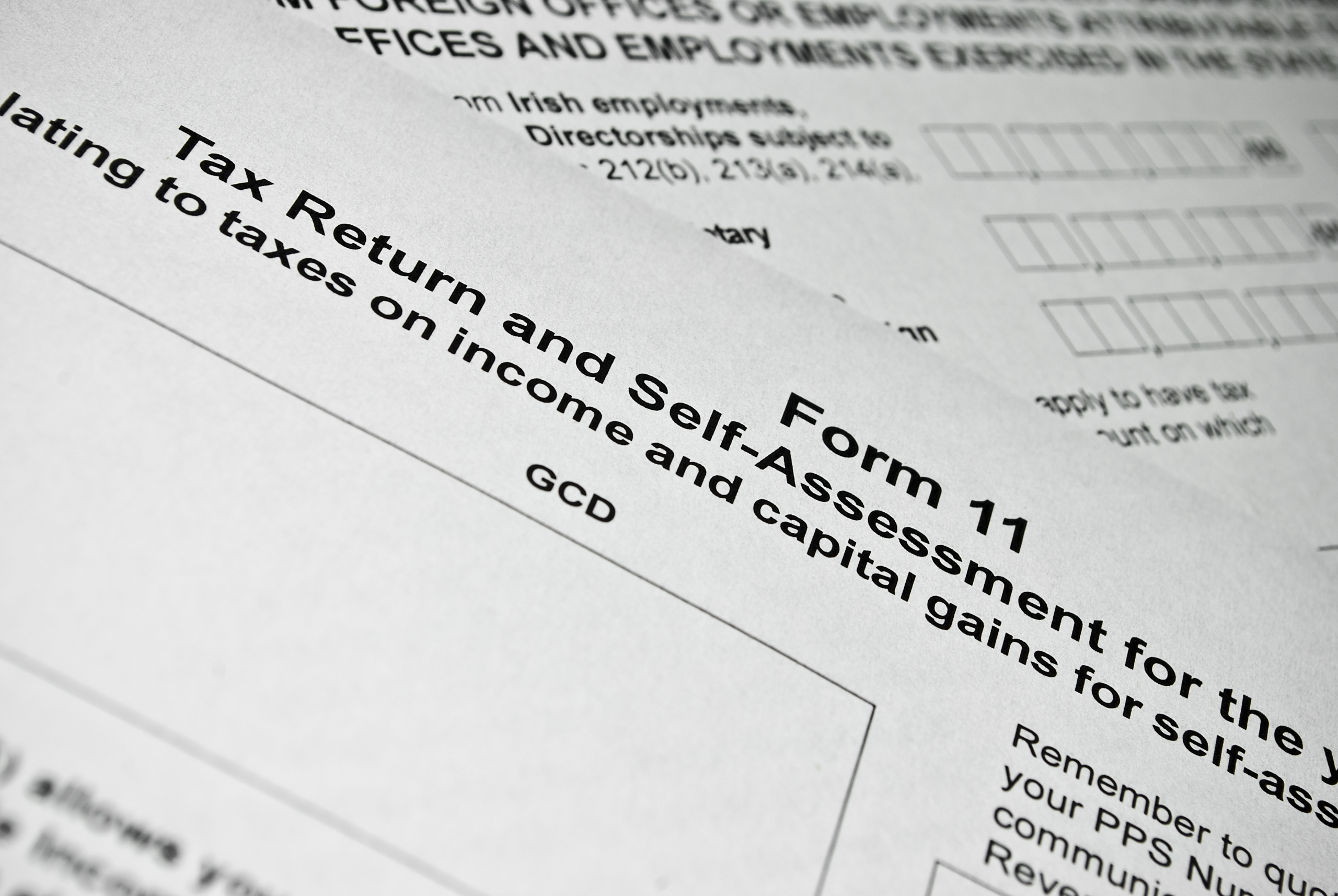With the rise in cross-border employment, Irish tax residents working abroad may qualify for a significant tax relief known as Transborder Workers’ Relief. This article outlines the key eligibility criteria and how the relief is calculated.
What is Transborder Workers’ Relief?
Transborder Workers’ Relief is a tax relief available to individuals who are resident in Ireland but work and pay tax in another country. The relief effectively removes the earnings from a qualifying foreign employment from liability to Irish tax, provided that foreign tax has been paid and is not refundable.
Who Qualifies?
To claim the relief, the following conditions must be met:
- You must be resident in Ireland for tax purposes,
- You must work full-time in another country that Ireland has a double taxation agreement for a continuous period of at least 13 weeks,
- You must pay tax in the foreign country on your employment income and are not due a refund of the tax paid,
- You must be present in Ireland for at least one day for every week worked abroad.
It is important to note that the relief does not apply if the individual receives Seafarers’ Allowance, Foreign Earnings Deduction (FED), or split year treatment. Additionally, one cannot claim relief if they or their spouse or civil partner are proprietary directors of the company for which they work abroad.
How is the Relief Calculated?
The relief is calculated using a formula that determines the “specified amount” of Irish tax that can be relieved:
Specified Amount = (Total Irish Tax Due × Non-Foreign Income) ÷ Total Income
This means that the relief only applies to the portion of Irish tax attributable to the foreign employment income. You will not receive any credit for foreign tax paid if you qualify for transborder relief.
How to Apply
The relief is claimed through the annual income tax return (Form 11). Supporting documentation, such as foreign payslips, tax certificates, and travel records, may be required by Revenue.
Conclusion
Transborder Workers’ Relief can offer significant tax savings for Irish residents working abroad, but it requires careful planning and accurate reporting. If you think you may qualify, our tax team at Crowleys DFK is here to help.









 The shift of share options from the Irish self-assessment system to PAYE withholding from 1 January 2024 is a significant change arising from Finance (No. 2) Bill 2023. Prior to this, employees were required to report and remit taxes within 30 days of exercising an option on Form RTSO1. Additionally, they were required to file an income tax return for the relevant year.
The shift of share options from the Irish self-assessment system to PAYE withholding from 1 January 2024 is a significant change arising from Finance (No. 2) Bill 2023. Prior to this, employees were required to report and remit taxes within 30 days of exercising an option on Form RTSO1. Additionally, they were required to file an income tax return for the relevant year.